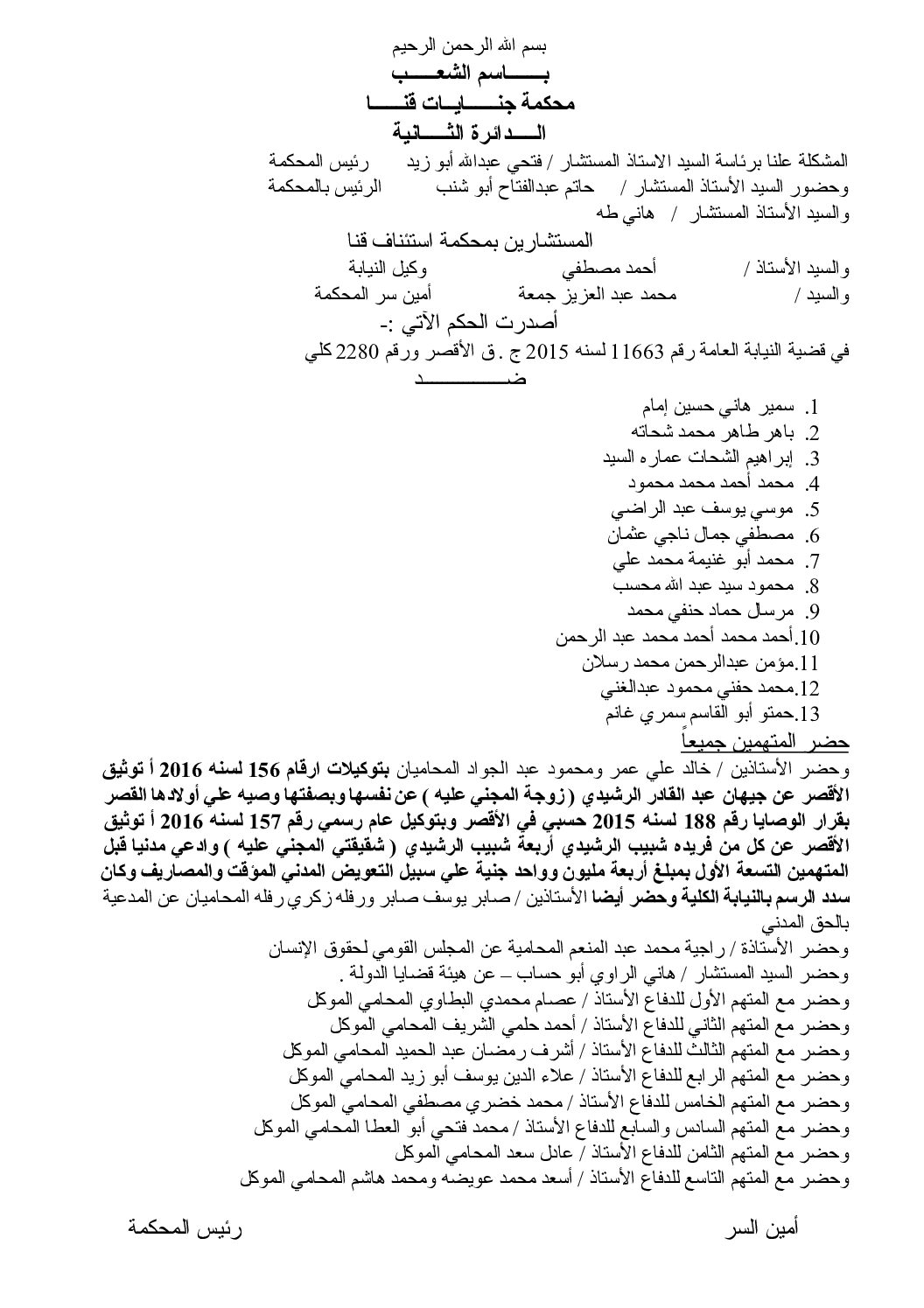Trade | On Deep & Comprehensive Free Trade Agreement & Euro-Arab Negotiations
Since the onset of the Arab revolutions and the whole region is wondering whether the deficient economic policies that led to their eruption will be reviewed.
Many political activists, economic experts, and public intellectuals have noted the correlation between some “neoliberal” economic policies and the widening gap between rich and poor, in light of the increased dependence of the state on the international, especially western, economy.
Although this became more apparent following the Arab Spring and despite the increase in violations against economic and social rights due to such policies, these policies remain to be pursued and are becoming stronger in the region as a whole.
This became even more clear in the negotiations carried out by Arab rulers related to loans from international banks and trade and investment agreements, which do not differ from old agreements and its conditions, if not making the situation more complicated on the level of local economies in Arab countries.
This is evident in the fact that some Arab States are currently in the midst of negotiating the Deep and Comprehensive Free Trade Agreement (DCFTA) with the European Union. The first round of DCFTA negotiations between Morocco and the EU was announced on 22 April 2013 in Rabat. According to the EU plan, negotiations will be initiated with Tunisia, Jordan, and Egypt at a later stage.
The negotiations will involve an expansion of existing trade agreements between the EU and those countries, going beyond the reduction of customs tariffs. The agreements will include rules on trade in services, conditions that entail exaggerated protection for investments and investors, liberalizing government procurements, a competition policy that is unfair to small and local producers, and rules for intellectual property rights.
The negotiations will also address areas at the core of organizing national economic sectors and will have a direct impact on the state’s capacity and sovereign right to organize the economy, in line with national economic goals.
This happens at a time when Arab countries, in general, are passing through a period of re-evaluating economic and social options, in light of the mobilization of the Arab peoples, who are calling for fairer economic models, which allow the emergence of effective industrial policies, the revival of productive sectors, contribution to providing job opportunities, and fighting poverty and inequality.
Governments must begin reviewing available political and economic tools, including the relationship between trade and investment policies, regulations, and agreements, on one hand, and development aims, on the other.
Therefore, we must stop to evaluate the full impact of such policies, before becoming entangled in them, once more. The most notable repercussion of such policies are agreements that encourage the protection of foreign investors.
Investment agreements are providing foreign investors with many rights, such as protection from local competition and total impunity from Egyptian law. In many cases where Egyptian courts had ruled against foreign investors, this did not the foreign investors from seeking international litigation to demand their rights. There are currently nine cases filed against Egypt at the International Center for Settlement of Investment Disputes (ICSID).
The position of Shibin el-Kom Textiles Company is one of the examples. The Supreme Administrative Court had decided to revoke the privatization of the company and ordered its Indian investor to clear the premises, in decision No.2678. However, despite the court’s orders, the Indian investor sued the Egyptian government through ICSID, which could result in the loss of billions of US dollars.
It is regrettable to see attempts by Egyptian to achieve social justice after their revolution being derailed by policies adopted under the deposed regime. It is even more distressing to see the current regime pursuing the same unjust policies that proved to be a failure under the former regime.
Trade and investment agreements such as the EU’s DCFTA are encouraging such policies, which do not take Egyptian citizens or their economic and social rights into account.
ECESR seeks to shed light on the flaws of such agreements and urges the inclusion of safeguards for the rights of Arab citizens in the negotiations process.

